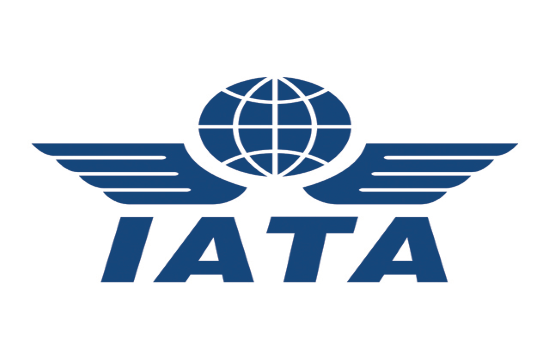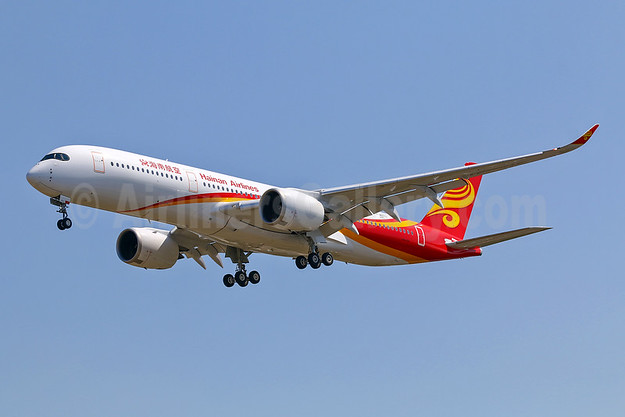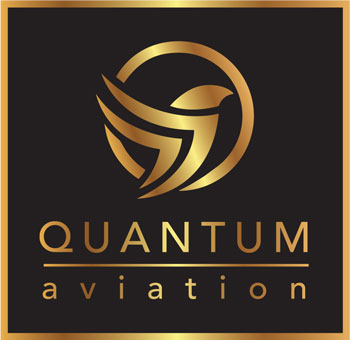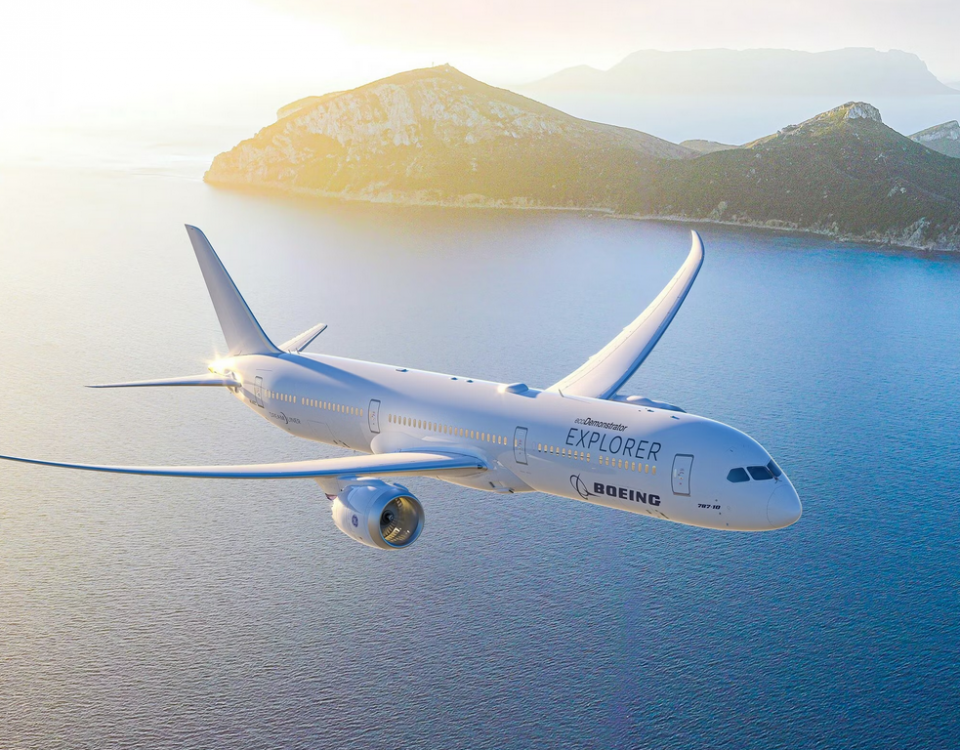
Call for a Better Deal for Airlines and Passengers in Portugal
October 13, 2018
Hainan Airlines today puts the first Airbus A350-900 into service
October 15, 2018Geneva – The International Air Transport Association (IATA) called for European transport leaders to eliminate the barriers which limit the contribution of the aviation industry to Europe’s competitiveness.
“Two centuries ago, the Congress of Vienna agreed the borders of a new Europe. Today I call on Europe’s leaders, meeting in Vienna, to knock down barriers that limit the economic and social benefits that Europe’s aviation sector can generate,” said Alexandre de Juniac, IATA’s Director General and CEO, in an address to the European Aviation Summit in Vienna.
In 2036, 1.5 billion travelers will need to travel to/from/within Europe, creating jobs and driving a modern globally-connected economy. But Europe’s preparation to accommodate this growth—and reap the economic benefits—is not adequate.
Calling for a strengthening of the European Aviation strategy, de Juniac proposed four key areas where the Austrian EU Presidency could improve the Continent’s competitiveness by shoring up the aviation sector:
- Improving air traffic management (ATM) performance;
- Maximizing the potential of current airport infrastructure;
- Enhancing competitiveness by reducing regulatory and cost burdens;
- Ensuring that borders are open to people and trade.
ATM Performance
European passengers have suffered 16 million minutes of air traffic management related delays so far in 2018. Delays over the summer were more than double those experienced in summer 2017.
The European air transport sector desperately needs the benefits of modernizing European air traffic management with the Single European Sky. To deliver results even as the SES initiative struggles:
- IATA is working with individual states and air navigation service providers to develop national airspace strategies (NAS) which support the SES objectives.
- IATA urges a Europe-wide focus on
- Reforming outdated work practices,
- Modernizing the ATM infrastructure,
- Empowering the European Network Manager system-wide, and
- Strengthening the performance and charging scheme penalties.
“With the correct investment and planning by governments and air navigation service providers we can, and must, make next year better,” said de Juniac.
Best use of airport infrastructure
Europe is facing a capacity crisis. Infrastructure expansion plans are grossly inadequate to meet the additional 550 million passengers who are expected to travel in 2036.
“Airline needs can be simply summarized. We need sufficient capacity, alignment with our technical and service requirements, and costs that are reasonable. And if governments are considering turning to the private sector for investment, they must think long-term, be cautious, regulate strongly, and consult the industry,” said de Juniac. He urged that this approach be applied to:
- Rein in the high costs of the much-needed expansion of London Heathrow, and
- Ensure that the privatization of Paris Airports has a regulatory framework that serves the long-term interests of improving connectivity.
There is no quick fix to build airport capacity. Therefore, it is essential to manage existing capacity effectively. The Worldwide Slot Guidelines (WSG) and European Slot Regulation—which are the gold standard for managing scarce capacity—are indispensable and must be upheld.
“The European Slot Regulation manages slots through an independent, fair, neutral, and transparent system. This enables airlines to consistently plan schedules and aircraft investments. And it has facilitated new entrants that have expanded competition and choice,” said de Juniac who voiced strong opposition to slot auctioning, which would add costs and reduce competition by entrenching incumbent airlines.
Reducing regulation and cost burdens
Europe’s economic competitiveness is compromised by ineffective regulations—such as the Airport Charges Directive—or excessively burdensome—as is the case with EU Regulation 261 on Passenger Rights. The European Commission has wisely recognized that both need reform.
- “The Charges Directive has not kept airport charges competitive. Over the last decade, passenger charges have doubled as a proportion of the ticket price. A recent report by the consultancy CEG defines clear tests for assessing an airport’s market power. This should guide the Commission in reforming the Charges Directive,” said de Juniac.
- “EU 261 is still a mess for airlines and passengers, and a bonanza for claims agencies and their dubious practices. As an interim measure the Commission’s guidance material was helpful. But the European Court of Justice continues to issue intolerable interpretations. A wholesale reform of EU261 is needed—taking ample input from airlines and consumers,” said de Juniac.
Borders open to people and trade
Aviation facilitates global trade, which in turn drives increased prosperity for all. Attempts to restrict the movement of people and trade will impact the €624 billion in economic benefits and 9.4 million jobs aviation supports annually in the EU. In particular, there is a real danger that air links between the UK and EU could be severely damaged unless an orderly Brexit agreement is found.
“Protectionism never has, and cannot be, a solution to our economic challenges. Aviation is the business of freedom, and the freedom to fly is woven into the fabric of European society. Citizens will not be impressed if politicians fail to exercise common sense in preserving that hard-won freedom,” said de Juniac.


